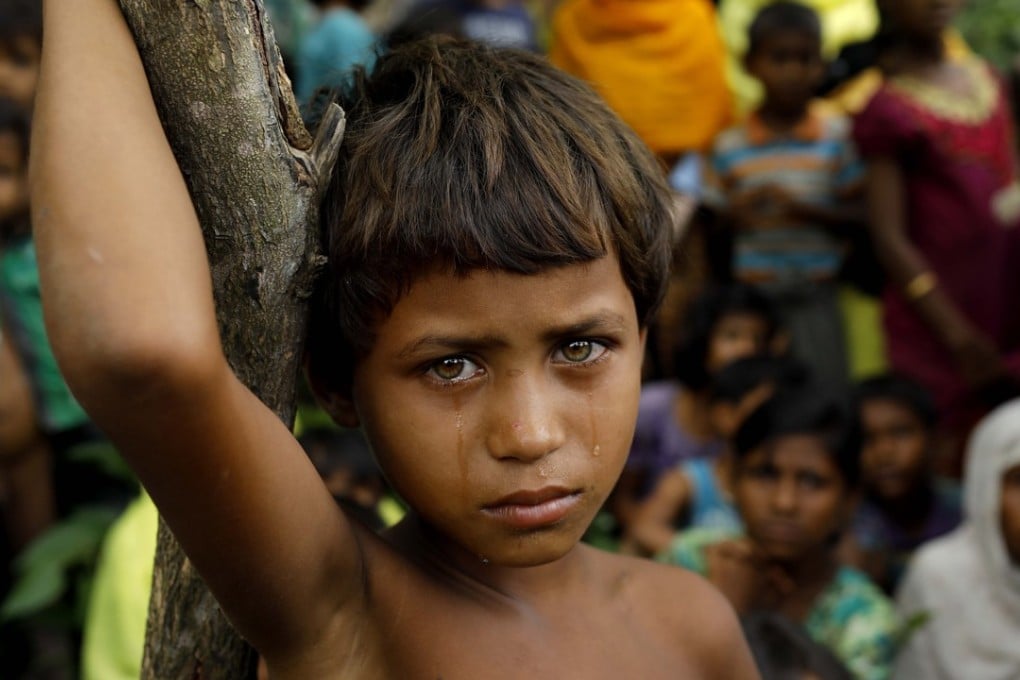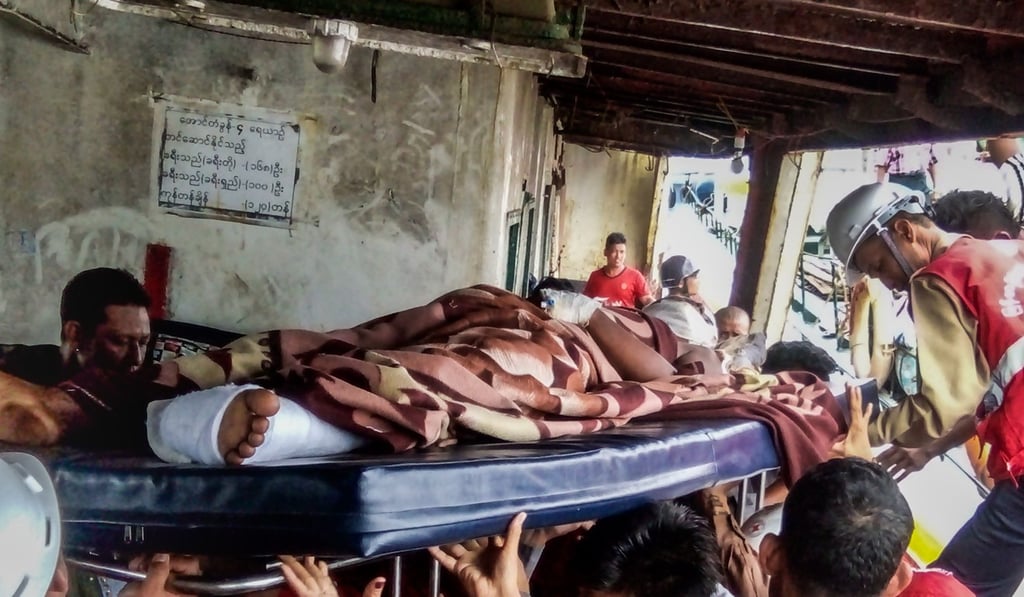Advertisement
Don’t single out Aung San Suu Kyi for Myanmar’s Rohingya crisis
Nehginpao Kipgen says that, instead of concentrating on the former Nobel Peace Prize winner, the international community should turn up the pressure on Myanmar’s military to find a peaceful solution
Reading Time:3 minutes
Why you can trust SCMP

Last Friday, the United Nations refugee agency said 270,000 Rohingya Muslims have crossed the border since the Myanmar army launched clearance operations in northern Rakhine State on August 25, following attacks by the Arakan Rohingya Salvation Army on police posts.
The violence has also forced several thousand Rakhine Buddhists and Hindus to flee their homes. Fortunately or unfortunately, international news has emphasised the plight of the Rohingya, who are stateless and considered among the world’s most persecuted people.
The Rohingya conundrum has two important dimensions – the international community’s approach and that of the government in Myanmar.
Advertisement
The recent upsurge in violence has led government leaders, heads of international organisations and Nobel laureates to speak up, including UN secretary general António Guterres and Nobel Peace Prize recipients Desmond Tutu and Malala Yousafzai.
The core of the conundrum lies in identity. The government of Myanmar and a majority of the population, including the Rakhine Buddhists, call them illegal Bengali immigrants from neighbouring Bangladesh. But Bangladesh is not willing to accept them; Bangladeshi security forces have forced back many of the Rohingya who fled there, and its government has contemplated temporarily resettling the Rohingya to a low-lying island in the country, in a move that has been condemned.
Advertisement

The international community is unable to find a solution. For example, Muslim-majority countries such as Indonesia and Malaysia have been vocal in criticising the Myanmar government but reluctant to take the Rohingya in large numbers. The United Nations has also been vocal about their plight, but unable to find countries to resettle the refugees.
Advertisement
Select Voice
Choose your listening speed
Get through articles 2x faster
1.25x
250 WPM
Slow
Average
Fast
1.25x